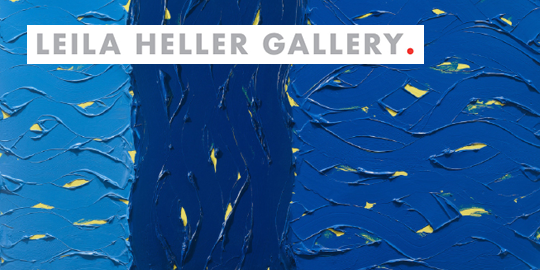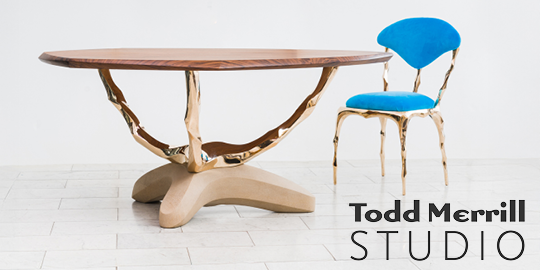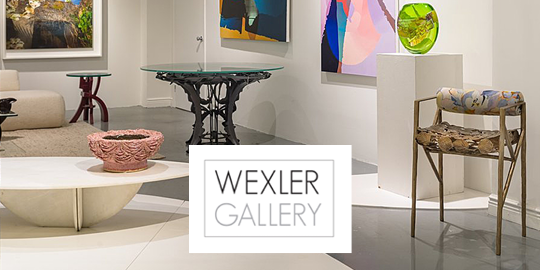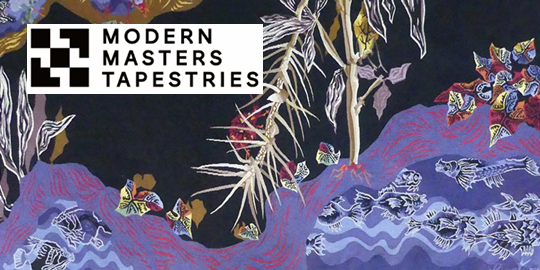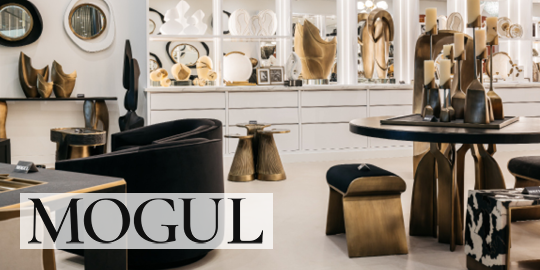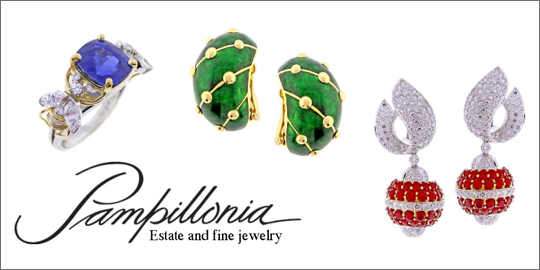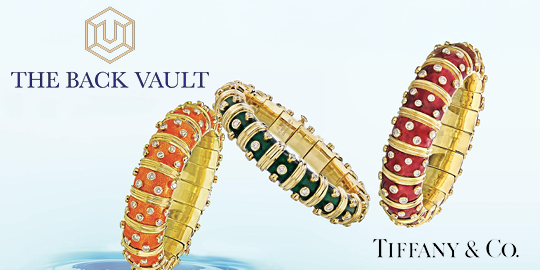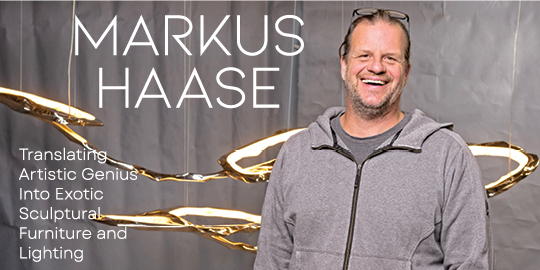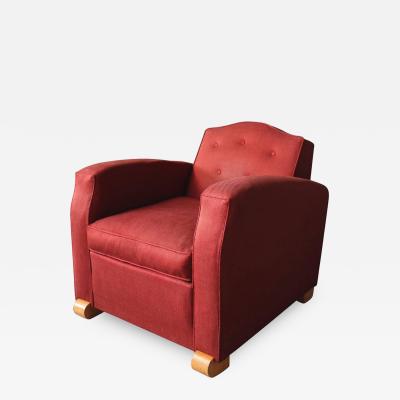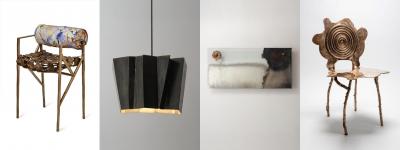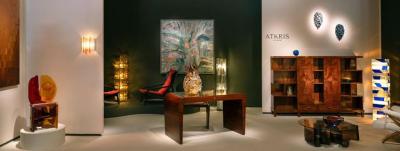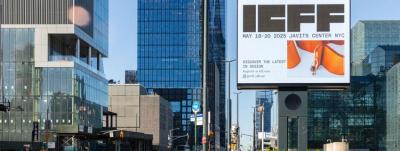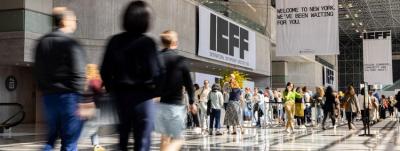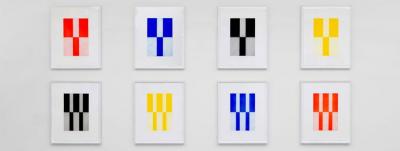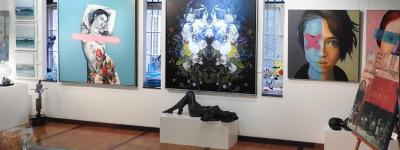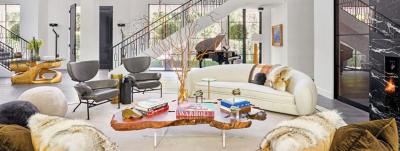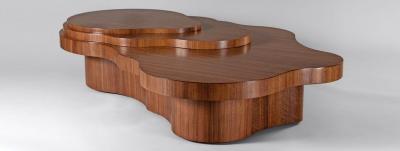Controversial Matchbox Artwork Leads to Calls for Museum Directors Resignation
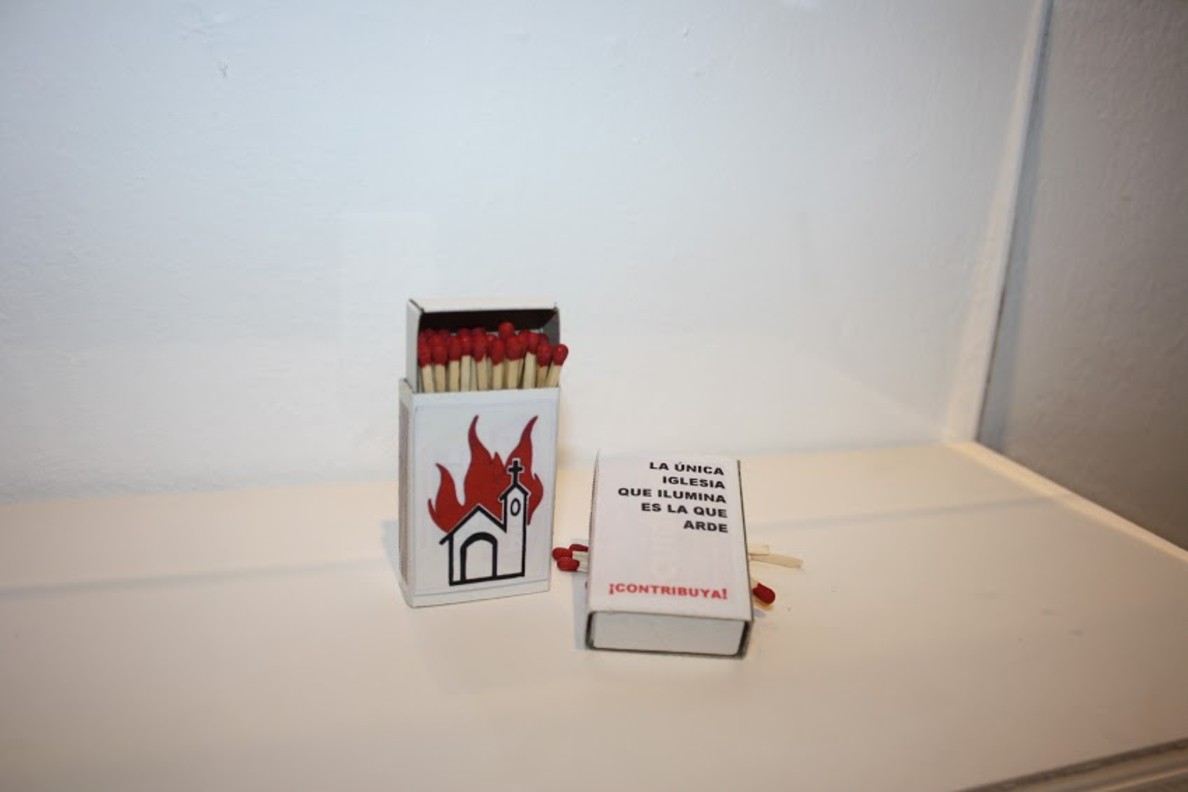
- "Cajita de fósforos" Mujeres Públicas, (2005). Photo courtesy of L'Internationale
Madrid’s Museo Nacional Centro de Arte Reina Sofía found itself at the center of a controversy regarding free speech and religious persecution when it unveiled its new exhibition Really Useful Knowledge on October 29th. One of the featured works, “Cajita de fósforos” [“Little box of matches”] (2005), depicts two full, white matchboxes emblazoned on one side with an image of a burning church and on the other, the words “La única iglesia que ilumina es la que arde. ¡Contribuya!” [The only church that illuminates is the one that burns. Contribute!], a quote attributed to Russian philosopher Piotr Kropotkin, and a famous motto of 20th century Spanish anarchist Buenaventura Durruti. The piece was created by Mujeres Públicas [Public Women] an Argentine feminist art collective comprised of five women: Verónica Fulco, Cecilia Marín, Fernanda Carrizo, Lorena Bossi, and Magdalena Pagano.
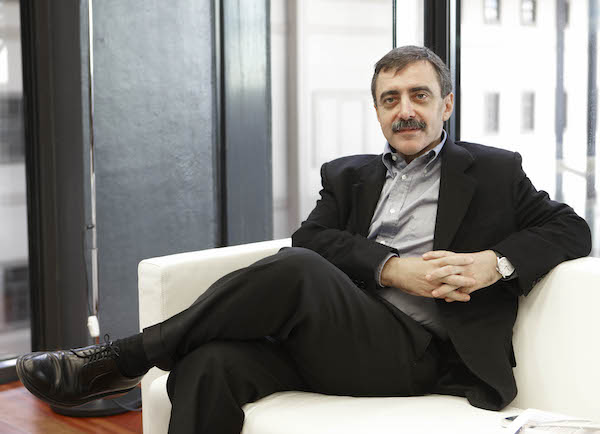
- Manuel Borja-Villel, director of Museo Reina Sofía. Photo courtesy of Artnet
Complaints about the work inundated the Reina Sofía Museum almost immediately after the exhibition opened. The Spanish Association of Christian Lawyers has pressured the Spanish Ministry of Culture by filing a lawsuit calling for the dismissal of the Museum’s director, Manuel Borja-Villel, for programming an exhibition which they claim has an “obvious anti-Catholic bias [that] might entail several crimes against freedom of religion.” The legal association has also circulated two petitions in protest of the museum, the first asking for the resignation of Borja-Vilel (8,000+ signatures as of this writing), and the second protesting the use of public money to fund an “insult to Christians” in a public museum, and demanding the removal of “Cajita de fósforos” from the exhibition (39,000+ signatures as of this writing).
Responding to the criticism, the Reina Sofía Museum released a statement saying that “[the museum] respects the freedom of expression and the freedom of artistic creation, just as it respects all beliefs and the freedom of opinion of the people whose sensitivities have been hurt.” The museum goes on to assert that it has never “censored nor will censor the work of any artist, as it would entail an attack against freedom of expression.”
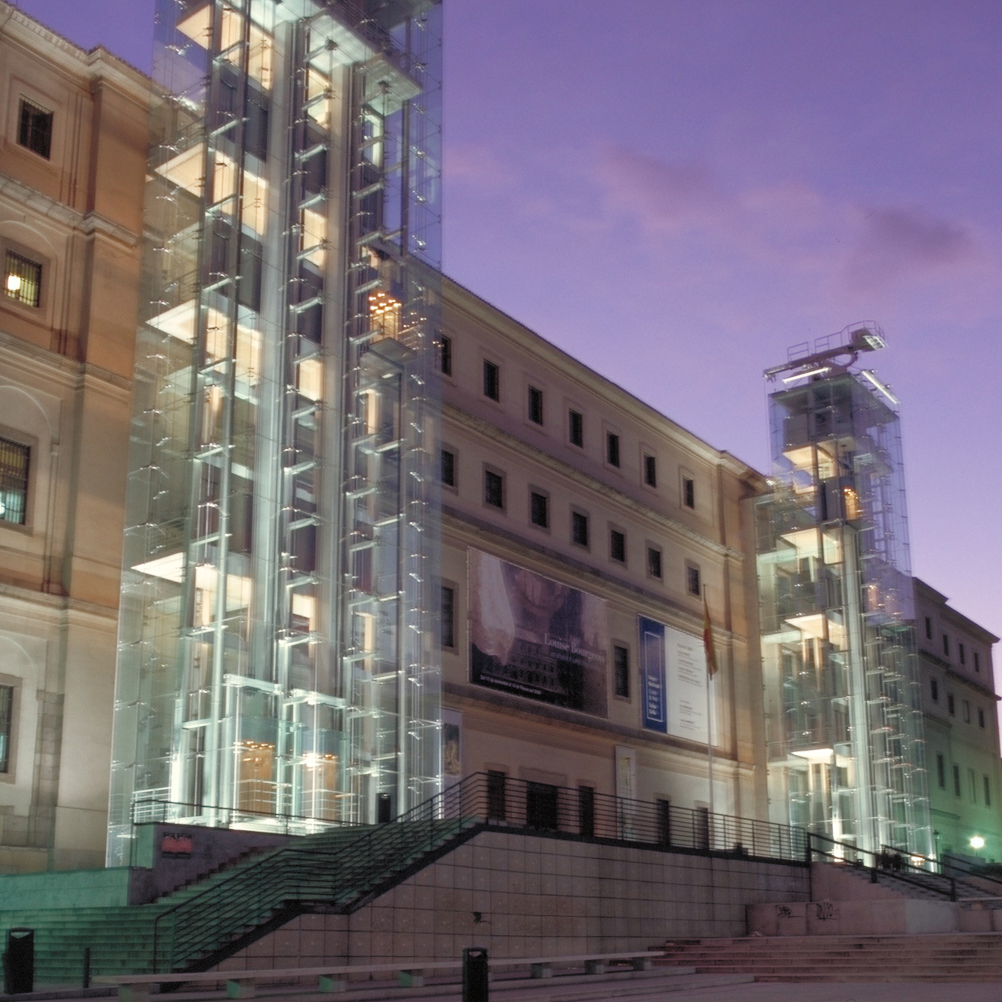
- Museo Reina Sofía, Madrid. Photo courtesy of The Art Tribune
The museum and its director are facing internal challenges as well, when earlier this week, an anonymous group of Reina Sofía Museum workers sent out letters denouncing Borja-Villel’s political and ideological stance and questioning “what would have happened if, instead of showing an artwork that incited to burn churches, the museum would have included an artwork that promoted the burning of Mosques, Synagogues, gay minorities, feminists, or different ethnicities?”
Not all reactions to the piece have been oppositional, however. Several international museum associations have pledged their support to the Reina Sofía and to its right to free speech. CIMAM (International Committee for Museums and Collections of Modern Art), ICOM (International Council of Museums), and L’Internationale (a confederation of 6 large European art museums, of which the Reina Sofía Museum is a member) have publicly condemned the religious groups’ calls for censorship and circulated an opposing petition (1,900+ signatures as of this writing) addressed to the Ministry of Culture to protect the museum’s freedom of speech. Vasif Kortun, a board member of CIMAM and incumbent president of L’Internationale said to hyperallergic.com, “We don’t know how far [the protest] will go, but we thought that we had to show our concern and use the opportunity to say something serious about what museums can do and what they should be doing today…not as lifestyle institutions but serious places.”
L’Internationale echoed this sentiment in a recent press release stating that “To claim that the work “Cajita de fósforos” and, by extension, the Museo Reina Sofía, incites the burning of churches is to simplify the meaning and context of the work. … L’Internationale believes that a democratic society should expect and require that its public museums are not merely vehicles for the legitimization and reproduction of established discourses and views of past and present power.”
Really Useful Knowledge is currently on view at the Reina Sofía Museum in Madrid until February 9, 2015 and features 36 artists and collectives including Ariella Azoulay, Trevor Paglen, and D.A. Pennebaker.


